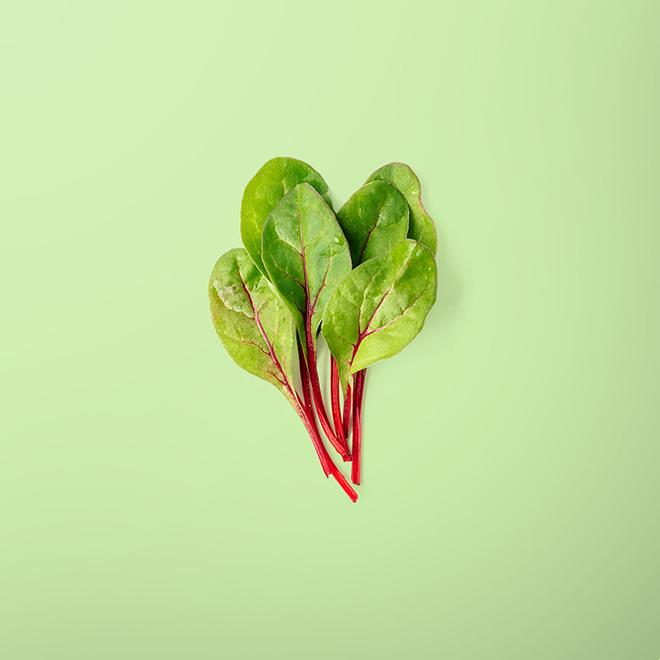Swiss Chard




Swiss chard is an extremely versatile leafy green. Despite the name, Swiss Chard is not native to Switzerland nor is it grown there in large quantities. In fact, Swiss Chard is very popular in Mediterranean cuisine.
With a mild flavor, swiss chard has dark green leaves with crunchy red, yellow, or white ribs running through the center of each leaf.
This vegetable has long been recognized as a superfood; the Romans honored for its medicinal properties.
When selecting chard look at the leaves and choose a bunch with crisp green leaves. It is said that the smaller the leaves, the sweeter the taste of the chard.
Store swiss chard in the crisper drawer of the refrigerator, unwashed, in a plastic bag.
Try stirring chard into stews and soups, or prepare it like spinach by blanching or sauteing it.
De-stalked, chard is great blended into a morning smoothie!
If you don’t care to sauté the stems, try pickling them as you would cucumbers or carrots.
The leaves of swiss chard are quite hearty, making them a great option for wraps.
Swiss chard belongs to the chenopod family. Swiss chard varieties with colored stems contain epoxy xanthophyll carotenoids which support nervous system health.
Leaves on the smaller side can be cooked while attached to the stem and rib. Larger leaves have tougher stems, so remove them from the leaves and start cooking them a few minutes before adding the leaves.
Swiss chard is excellent served with balsamic vinegar. Sauté garlic for 2-3 minutes, add swiss chard and balsamic vinegar. Cook until swiss chard reaches desired tenderness.
Swiss chard is an excellent source of vitamins A, C and K, it also contains potassium and fiber.
Swiss Chard has tons of vitamin K, so much that one cup of it will provide with 300% of your recommended daily intake of vitamin K
Swiss Chard contains high levels of oxalates, which decrease the body’s absorption of calcium, so consider limiting the amount of chard you eat if you’re prone to kidney stones.
Corrections or improvements? Email us at
content@sidechef.com